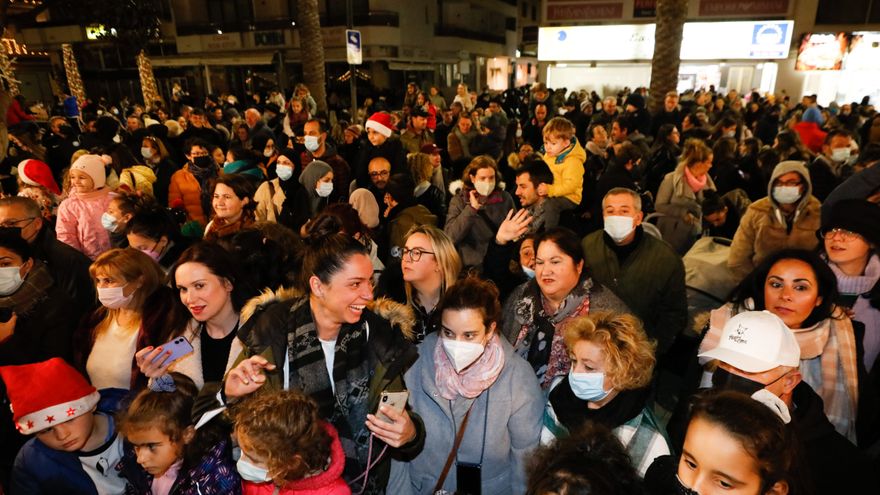The new variant of coronavirus is spreading like a tsunami throughout Europe and the Pitiusas, islands that yesterday registered 173 cases and are on the verge of 2,000 active infections. The immediate impact of the coronavirus’s extraordinary spread is beginning to be felt in the workplace, and not just in the flights, which have begun to be canceled by the dozens due to massive contagion of their crews: the staff of the Pitiusas companies are beginning to be depleted by the numerous casualties, forcing employers to resort to their workers full-time seasonal personnel “fijos discontinuos”, as recognized by unions and the Petita I Mitjana Empresa (Pimeef).
According to Alfonso Rojo, president of the Pimeef, many of its members have had little choice but to rescue these employees in order to keep their businesses afloat: “We’re finding a lot of infected individuals, most of whom have moderate symptoms. However, these absences cause us two problems: first, those who are ill are afraid of having the coronavirus and go home or take the test, so they miss that day of work, even if they are negative; second, those who are positive must maintain the quarantine, which requires them to move and retouch the workforce.”
As a result, many firms have forced to “rely on a portion of its permanent seasonal staff. At this time of year, the workforce is “extremely tight, because a part is on vacation, so that only a couple of low covid contagion can upset everything.” Guadalupe Lopez, secretary general of the General Union of Workers’ Federation of Services, Mobility, and Consumption (UGT), confirms: “There are some businesses that have been severely impacted, causing employers to pull the permanent cease. Not only that, but “those who do not have permanent personnel are turning to temporary workers.”
The issue arises when a couple falls at a restaurant, for example, in your kitchen. They are more difficult to replace.
Employers do their utmost not to halt operations in circumstances like these: “They resort to what they have and relocate people.” “When it impacts more than 10% or 20% of the staff, which is actually three individuals in enterprises with a maximum of eight, you have no alternative but to turn to the permanent halt,” adds Pimeef’s president. “Because seasonal workers are now unemployed,” Rojo says, “filling these positions has not been too difficult.” However, this results in additional costs.” “In the food and beverage sector and supermarkets,” it is most apparent. And, depending on the firm, replacing staff is more or less difficult: “A small shop with a shop assistant on sick leave implies additional work for the rest, as well as experimenting with free shifts or overtime,” explains Rojo. The issue arises when a couple falls at a restaurant, for example, in your kitchen. They are more difficult to replace.”
Rojo assures that it was even worse in August, “when there were many afflicted but no means to cover the casualties.” That month, beginning in the second week, there was a severe epidemic that forced some restaurants to lay off up to 20% of its employees and confine them to their homes for 10 days. Many of those who worked 12 hours a day were forced to consider working solely at night. There is less activity now. Guadalupe López, a trade unionist, says that “in August it was worse because the entire hotel and catering industry was working.”
For the full article, please visit Diario de Ibiza website here.


